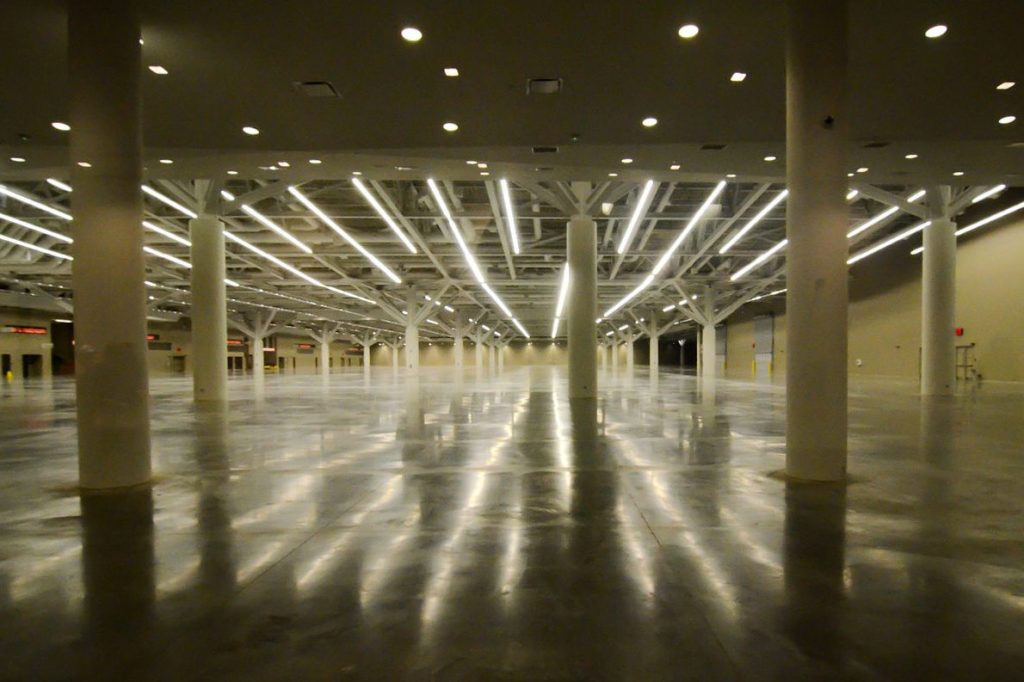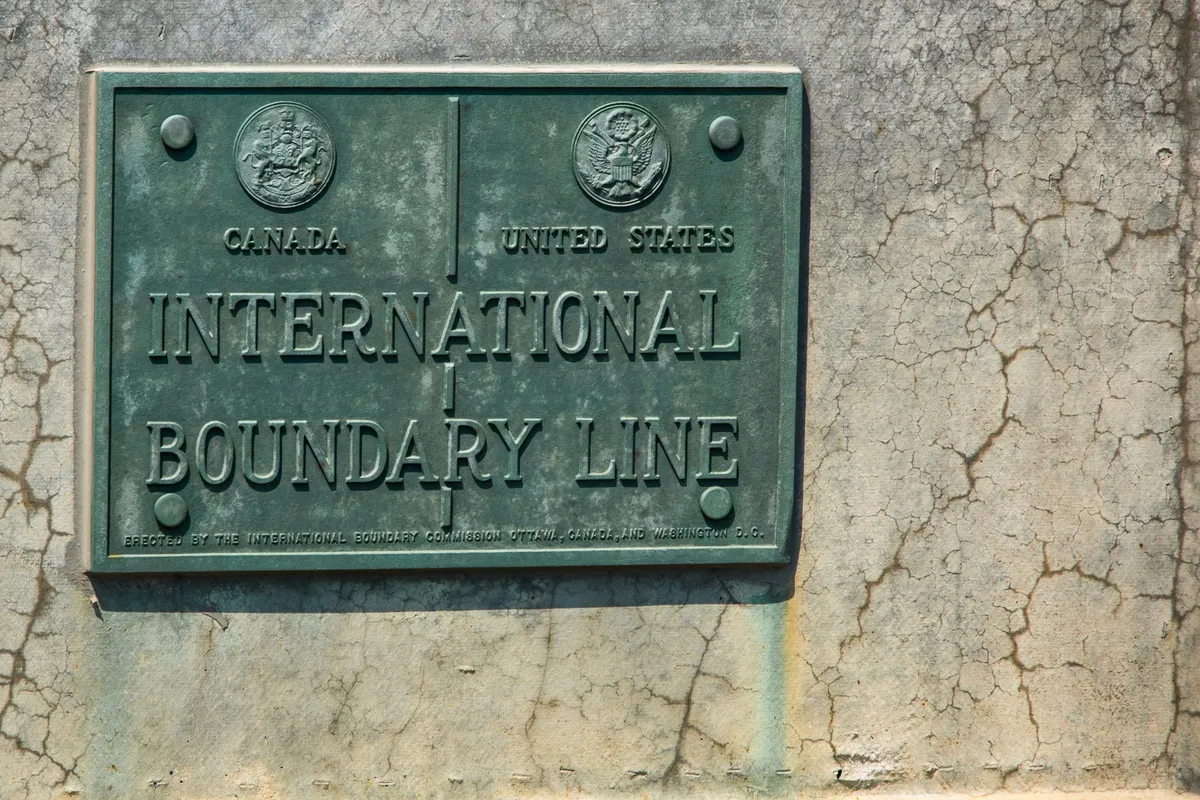The Biggest Challenge to the Recovery of Hotels in 2021

Skift Take
If the hotel industry had one thing to celebrate during the pandemic, it’s that leisure travelers showed they will still take vacations when travel restrictions aren’t in place.
But hoteliers have to figure out how to jumpstart cratered business and group travel demand in the new year to have any hope of a financial recovery.
“Group business drives hotel profitability as a source of food and beverage revenue and high occupancy nights, and, because it typically books further in advance, it will inform everything from marketing strategy to revenue management,” Nathan Seitzman, a partner in McKinsey & Co.’s travel practice, told Skift in June. “So even when business and leisure transient travel fully recover, a lagging group recovery could have a disproportionate impact on hotel profitability.”
Drive-to and leisure markets like Florida beaches or Colorado mountain towns performed the best in 2020 as a result of people craving more outdoor-minded vacations amid the global pandemic. That may be good for occupancy figures, but business and event travelers are the kind of guests who drive up revenue across an entire resort and not just with a room’s daily rate.
Sign Up Now to Receive Skift Research Global Travel Outlook 2021
This line of business incentivized hotel developers pre-pandemic to build sprawling convention hotels in major U.S. cities as well as soaring towers with high-end hotel rooms aimed at lucrative business travelers who were on the road many days out of the year.
But coronavirus led most companies to issue travel bans, and many tech companies like Facebook and Google plan to keep remote work policies in place until next summer. This is a major headwind in the hotel industry’s recovery, and at least one hotel leader went public with his concerns regarding travel policies that extend past when federal officials expect a vaccine to be readily available to the U.S. general public.
“While we all need to make decisions to protect our people and make sure that we’re not putting people out in risky environments, there’s absolutely no reason for us to be making decisions about what offices look like or what travel looks like in the second quarter of 2021,” Marriott CEO Arne Sorenson said during an August investor call while not mentioning any specific company. “Too often we see big, big companies making decisions to keep offices closed as much as the next year. It’s frustrating to us in the sense that it’s sort of withdrawing from the economy.”
Some convention hotels rely almost entirely on corporate travelers for business. Many of these hotels remain closed following temporary closures that began earlier in the pandemic.
But the hotel industry has a widening path to recovery in that the Pfizer vaccine began distribution in small numbers in December. More like it are on the way from manufacturers like Moderna.
Hotel leaders continue to report higher cancellations of events through the first half of 2021, but that cancellation rate drops in the second half of the year — a sign business travel and event planners are optimistic about the impact a vaccine will have on their ability to return to normalcy.
The biggest challenge for the hotel industry is wooing these planners to maintain their bookings once the vaccine is in wider distribution. Heightened cleaning protocols were vital in regaining leisure travel confidence. Expanding those standards to the meetings and event space, as seen with companies like Hilton and Accor, will be crucial in winning back the corporate travel sector.
“There are a whole bunch of hotels that have suspended operations,” Danny Hughes, president of the Americas for Hilton, told Skift in July. “Some of those incredibly reliant on the meeting business just won’t open until the demand comes back.”




